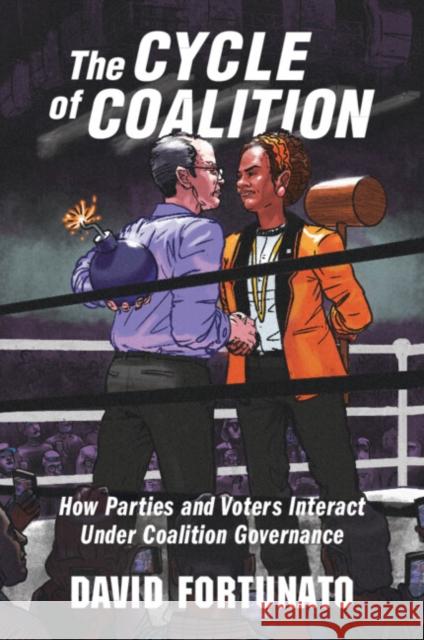The Cycle of Coalition » książka
topmenu
The Cycle of Coalition
ISBN-13: 9781108819879 / Miękka / 2023 / 239 str.
The Cycle of Coalition
ISBN-13: 9781108819879 / Miękka / 2023 / 239 str.
cena 112,32
(netto: 106,97 VAT: 5%)
Najniższa cena z 30 dni: 111,67
(netto: 106,97 VAT: 5%)
Najniższa cena z 30 dni: 111,67
Termin realizacji zamówienia:
ok. 16-18 dni roboczych.
ok. 16-18 dni roboczych.
Darmowa dostawa!
Presents a theory and analysis of the relationship between parties and voters throughout the legislative period under coalition governance.











